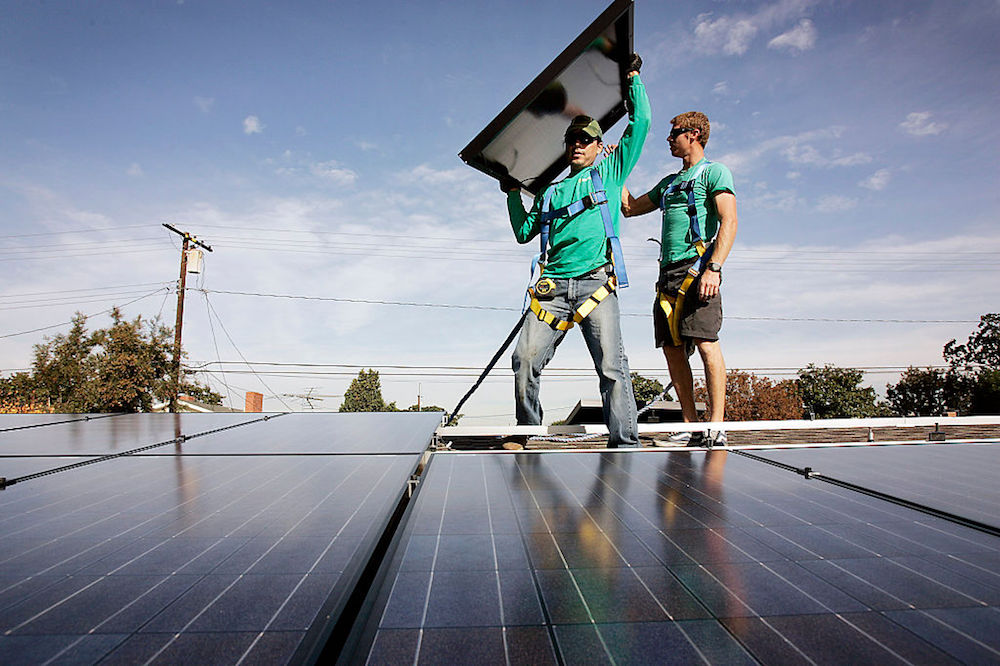In the face of climate change and environmental degradation, the urgency to transition to clean, renewable energy sources has never been greater. Solar energy, in particular, has emerged as a powerful solution for reducing greenhouse gas emissions and mitigating the impacts of climate change. In this blog post, we’ll explore the environmental benefits of solar energy and how solar power plays a crucial role in combatting climate change.
- Reduced Carbon Emissions: One of the most significant environmental benefits of solar energy is its ability to reduce carbon emissions. Unlike fossil fuels, which emit greenhouse gases such as carbon dioxide (CO2) when burned for energy, solar energy generates electricity without producing any harmful emissions. By harnessing the power of the sun, solar panels help lower carbon emissions and mitigate the effects of global warming.
- Conservation of Natural Resources: Solar energy is a renewable resource that relies on the sun’s abundant and inexhaustible energy. Unlike finite fossil fuels such as coal, oil, and natural gas, solar energy is sustainable and environmentally friendly. By tapping into solar power, we can reduce our dependence on finite resources and preserve precious natural habitats and ecosystems.
- Air and Water Pollution Reduction: In addition to reducing carbon emissions, solar energy also helps decrease air and water pollution associated with traditional fossil fuel power generation. Coal and gas-fired power plants release pollutants such as sulfur dioxide (SO2), nitrogen oxides (NOx), and particulate matter into the air and waterways, leading to respiratory illnesses, acid rain, and water contamination. Solar energy offers a cleaner and safer alternative, helping improve air and water quality and protect public health.
- Mitigation of Environmental Degradation: The extraction, processing, and combustion of fossil fuels have significant environmental impacts, including deforestation, habitat destruction, and soil and water contamination. By transitioning to solar energy, we can mitigate these harmful effects and reduce our ecological footprint. Solar installations have minimal land and water requirements and can be integrated into existing infrastructure, minimizing disruption to the environment.
- Resilience to Climate Change: Solar energy contributes to building resilience to climate change by diversifying our energy sources and increasing energy security. Unlike fossil fuel power plants, which are vulnerable to supply chain disruptions, price fluctuations, and extreme weather events, solar energy systems are decentralized, modular, and resilient. Distributed solar installations, such as rooftop solar panels and community solar projects, provide reliable and resilient energy solutions that can withstand disruptions and enhance grid stability.
- Leadership in Renewable Energy Transition: Embracing solar energy demonstrates leadership in the global transition to renewable energy and the fight against climate change. By investing in solar power, individuals, businesses, and governments can show their commitment to sustainability, innovation, and environmental stewardship. Solar energy offers an opportunity to transition to a more resilient, equitable, and sustainable energy future for all.
At Brandon Peggau, we are committed to promoting the environmental benefits of solar energy and empowering individuals and communities to embrace clean, renewable energy solutions. Contact us today to learn more about how solar power can help combat climate change and build a brighter, more sustainable future for generations to come.

